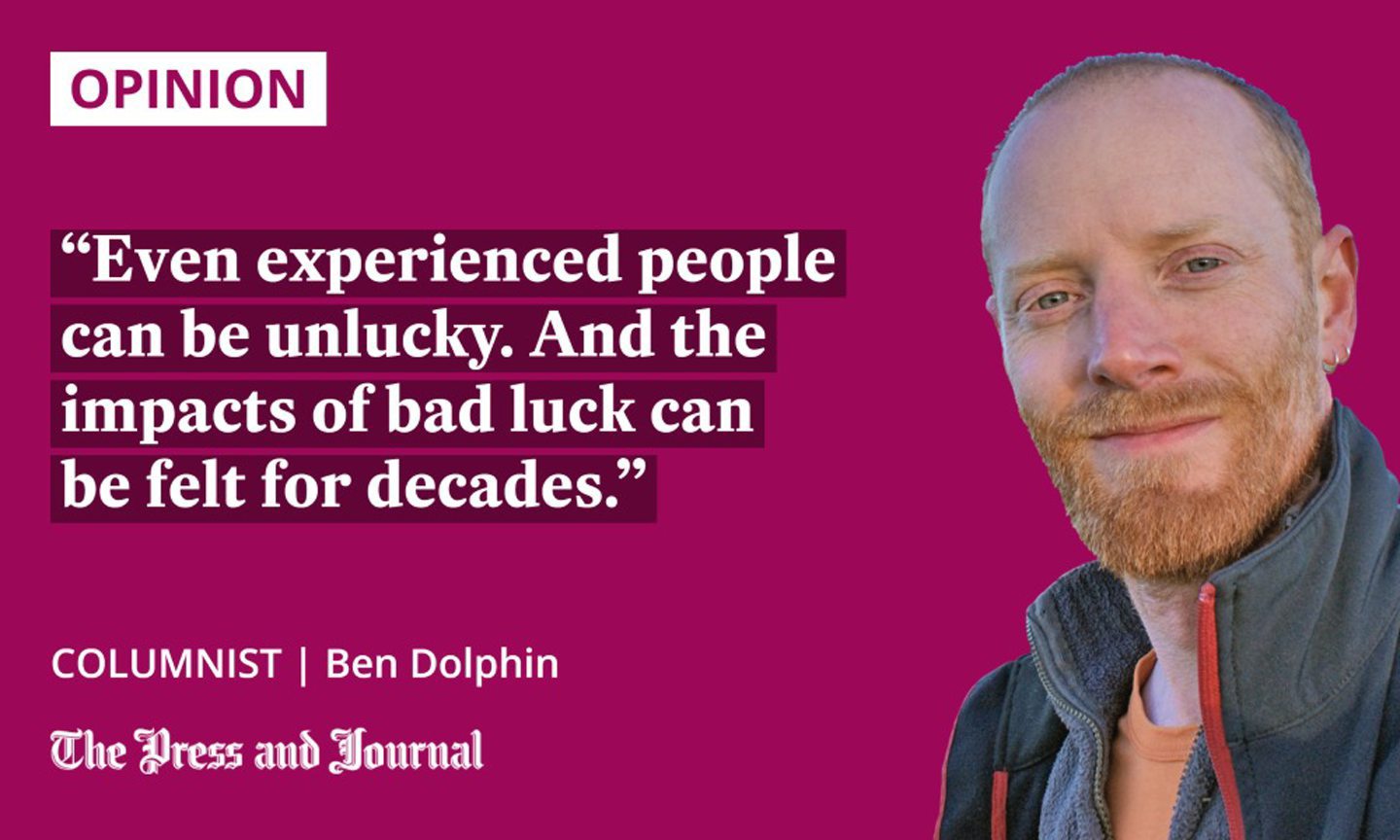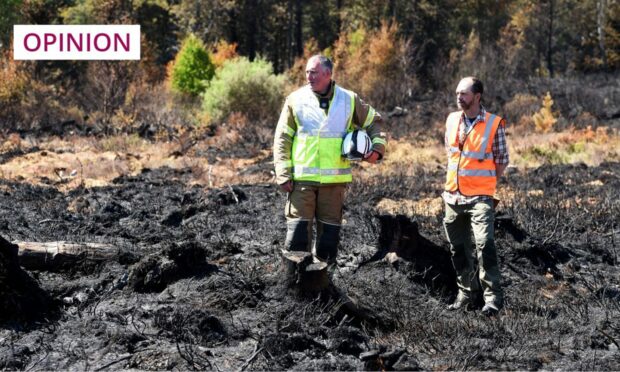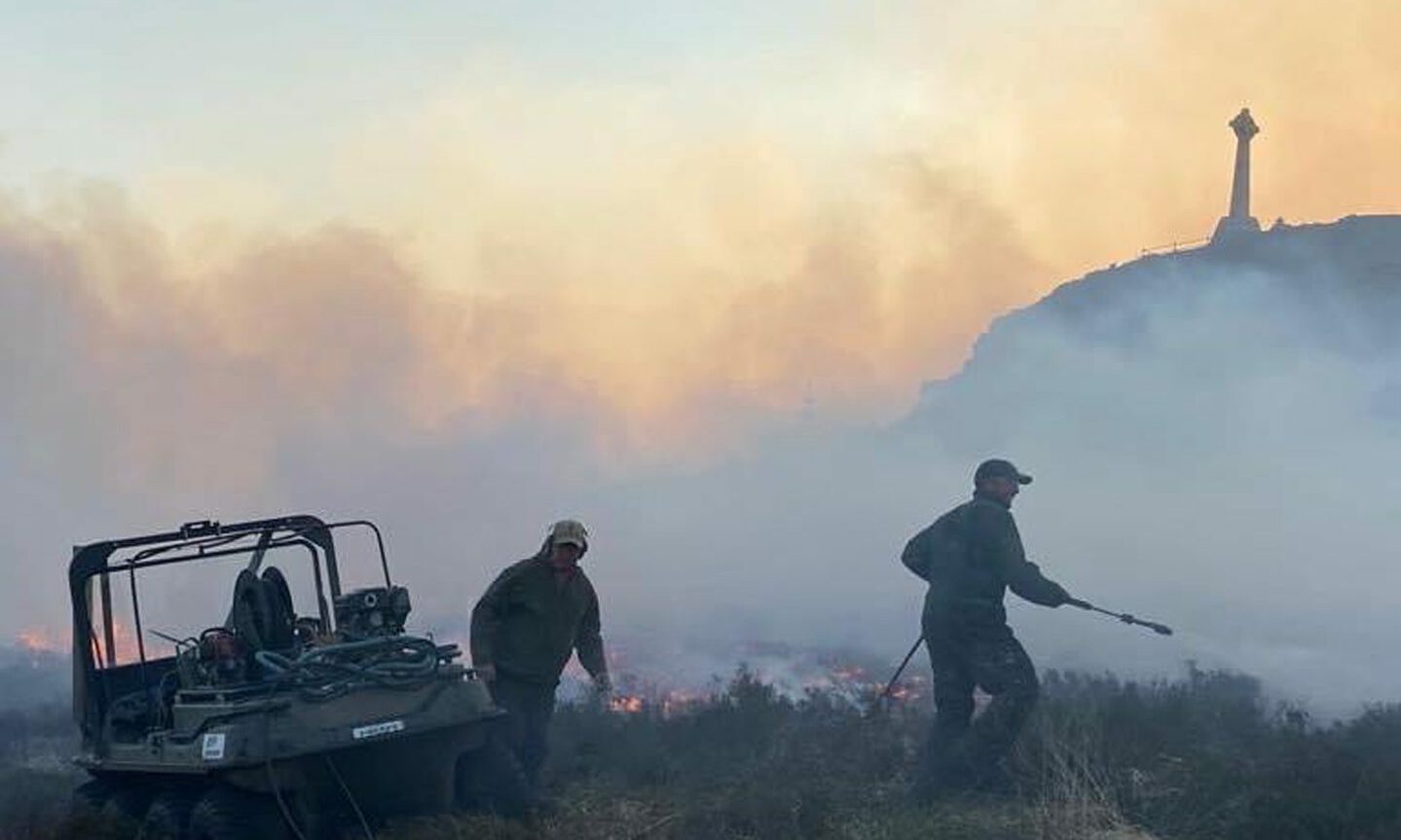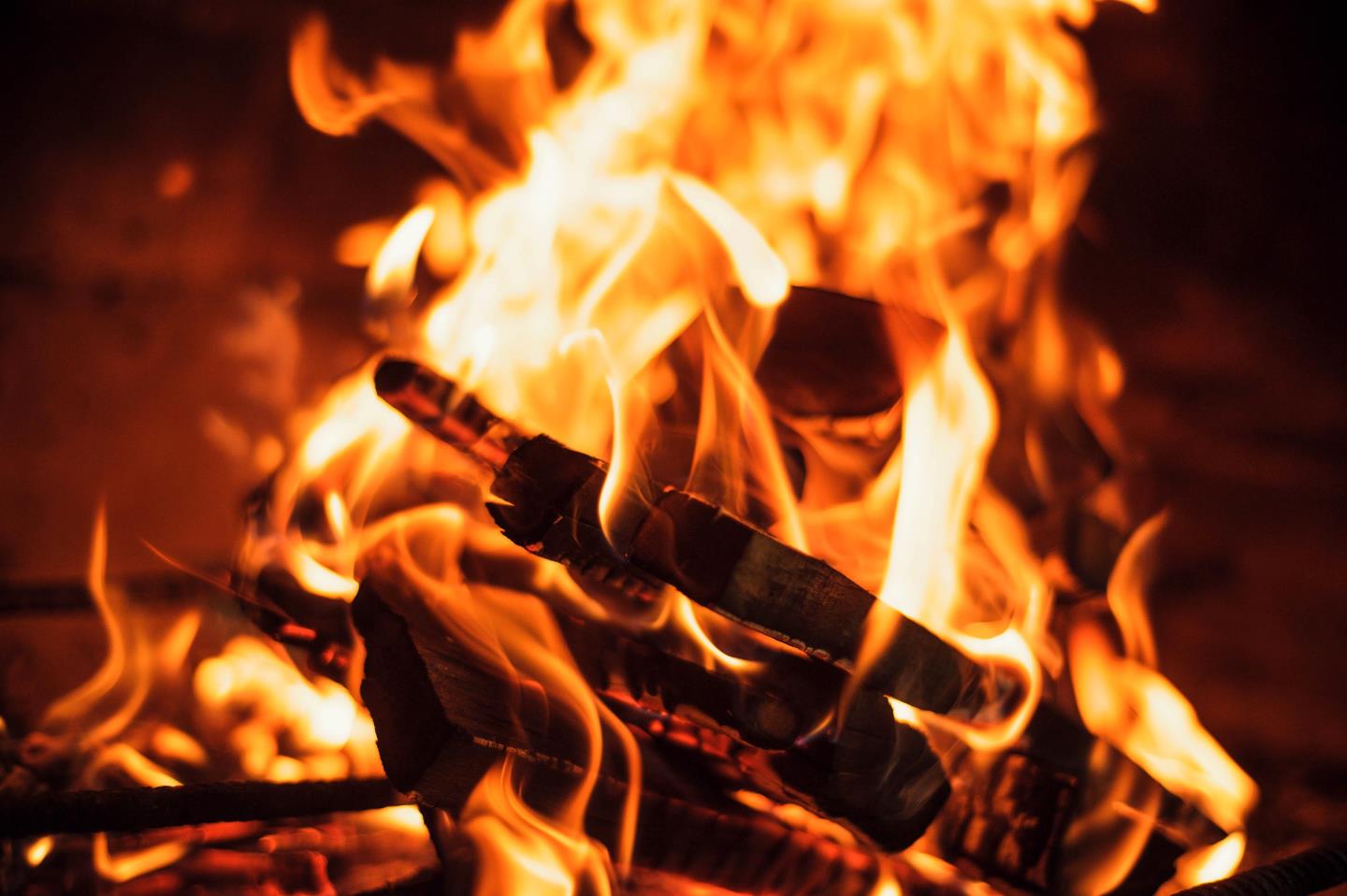What a spell of weather this has been! High pressure stuck over us, bestowing blanket blue skies for days on end. Well, for the inlanders among us anyway.
It’s been great for Cairngorms tourism, good for Vitamin D production and, therefore, fantastic for the general demeanour of visitors to the area. I’ve met so many happy people!
But this weather isn’t so good for stress levels on our estate because, everywhere we go, the sound underfoot is a dry crunch. It hasn’t rained for more than two weeks, and there’s no soaking rain forecast until mid-June at the earliest. And maybe not even then.
Grass, heather, dead twigs and branches, it’s all tinder-dry. Even the traditionally un-dryable sphagnum moss is drying out. The fire risk is therefore, unsurprisingly, “Very High”.
In conditions like this, the Scottish Outdoor Access Code is absolutely clear: “Never light an open fire during prolonged dry periods. Heed all advice at times of high risk.”
Many visitors we speak to are surprised that Scotland can so easily catch alight. This is a famously misty, cloudy, wet place, after all. But it can, and it does. A fire currently smouldering near Cannich is possibly the largest recorded in the UK.

The estate always has a baseline anxiety where fires are concerned, but that anxiety surges upwards during weather like this. Each day compounds both the problem and the anxiety, and when it encompasses a weekend, we’re all on edge.
As soon as the fire risk is graded high, we put signs to that effect at all the key access points and visitor hotspots. In the car parks, we stay alert for folk unpacking logs, firebowls or barbecues, and will have friendly chats where appropriate. But there’s ultimately no substitute for eyes on the ground, so we patrol constantly.
We’re not the police, of course. We can outline the statutory context, quote the Scottish Outdoor Access Code, explain the potential dangers and then implore people not to take the risk.
Experience has, however, taught us to expect to encounter at least one campfire on a weekend patrol, so it’s a massive relief when, returning home, all we’ve come across are happy people camping among the pines, cooking on gas stoves and enjoying their surroundings in as low-impact a way as possible.
Patrols like that are actually more common than you might think. The vast majority of folk want to do the right thing, and on nights like that I feel proud that Scotland has access legislation that makes this possible.
But, no matter how much education or engagement you employ and how much signage and information you deploy, there’s always the chance of something slipping through.
Public vigilance is vital and valued
Last weekend, I completed a three-hour patrol of all the estate hotspots, and it was a picture of serenity. Busy, yes, but there was nothing to be concerned about. But, on Monday morning, our day was upended after a walker let us know they’d seen two fires smoking way up the glens.
The value of public vigilance in this regard can’t be overstated. Walkers and cyclists are, in many ways, a vital early-warning system.
Not able to leave anything to chance in tinder-dry conditions like this, we dropped everything to investigate
Not able to leave anything to chance in tinder-dry conditions like this, we dropped everything to investigate, and had no choice but to leave the bustling car parks unattended on the busiest day of the year.
That’s the nature of our work, of course. It’s frequently reactive. Even so, losing our rangers for most of that day meant we weren’t able to get things organised for a scheduled evening with the local Cub group the next day, which then had to be cancelled. Not the end of the world, admittedly, but it was disheartening for them, and frustrating for us.
We can’t afford to lose any more than we already have
When we encounter people having fires, there are always knock-on impacts that go beyond that one patrol. Regardless of whether they’ve got to the point of actually lighting it or not, we have to check the site again the next day.
I should say, I do understand the attraction. I love sitting at a fire. Most folk I know love sitting at a fire. Hypnotic, comforting, warming: fires invite both chat and quiet contemplation. They’re campsite TVs!
But even experienced people can be unlucky. And the impacts of bad luck can be felt for decades.
We also live in one of the most nature-depleted countries on the planet, where the footprint of the natural world has shrunk, fragmented and, subsequently, come under increasing pressure from a growing population wanting to enjoy what little wild space we have left. We can ill afford to lose any of it.
So, yes. This early taste of summer is beautiful, but you’ll forgive me if I break ranks and do a little rain dance every evening.
Ben Dolphin is an outdoors enthusiast, countryside ranger and former president of Ramblers Scotland



Conversation